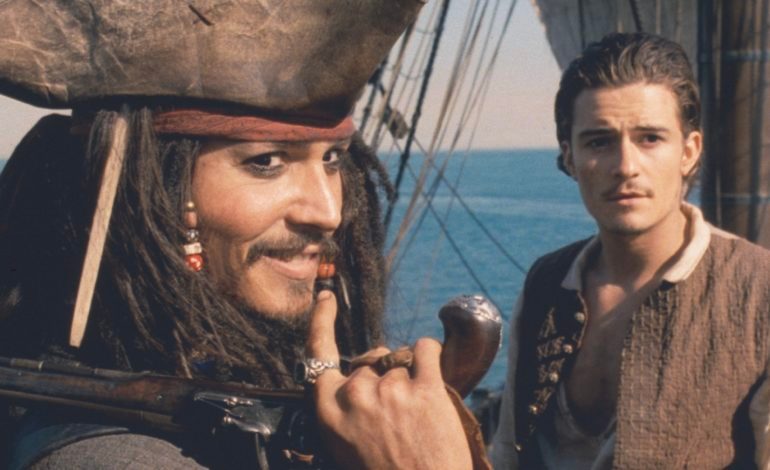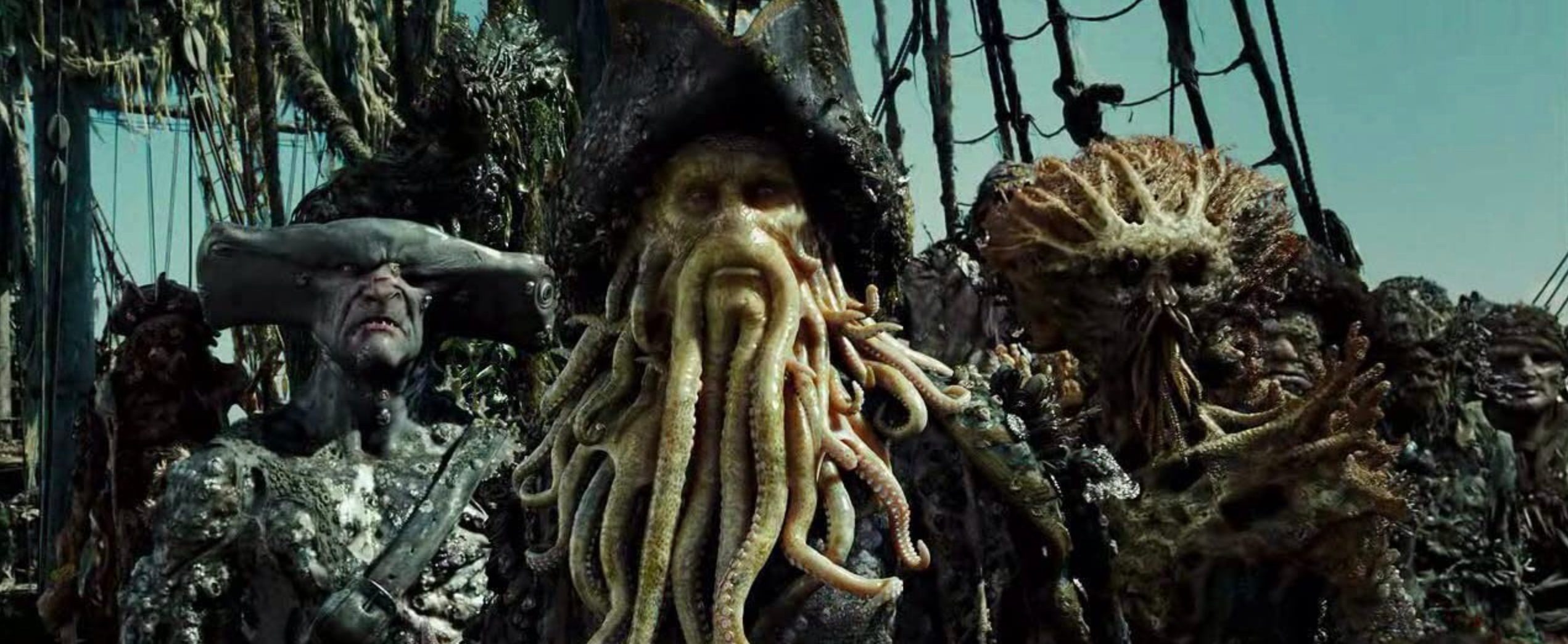

20 years ago, Pirates of the Caribbean meant nothing more than wooden lifeboats, inky black waters, and animatronic entertainment. Today, it represents five blockbuster movies, a star-studded cast, and the legend of Johnny Depp’s insatiable Captain Jack Sparrow.
The original Pirates ride debuted on March 18, 1967, being the last Disney attraction constructed by Walt Disney himself before his death three months later. Although it was initially designed to be an antebellum era walk-through museum featuring the period’s most infamous villains, it was eventually approved as a ride system following the unprecedented success of It’s A Small World in 1964. But not even Disney’s founder could have envisioned the impact and success of Pirates in the half-century that ensued.
To this day, the phenomenon and cultural significance that stemmed from the first movie, Curse of the Black Pearl, is nothing short of a miracle. This film re-introduced pirates and maritime exploration to a new, impressionable generation. All at once, children were dressing up as Captain Jack for Halloween. Blasters and lightsabers were traded in for swords and eye patches. Being a pirate was cool, and everyone wanted a piece of the franchise.
Case in point, Black Pearl (2003) earned over $46 million in its first week, grossing $305 million over its theatrical lifetime. For reference, the last movie prior to Black Pearl that garnered reasonable box office success involving pirates was Muppets Treasure Island in 1996.


Captain Barbossa (Geoffrey Rush), left, reveals the curse of the Aztec gold to Elizabeth Swann (Keira Knightley) right.
The success of the first installment owes much of its acclaim to the dynamic performances of its leading actors. Geoffrey Rush (Captain Barbossa) turns in a campy, brilliant effort that suspends the audience’s disbelief and challenges the notion of what it means to be an engaging antagonist. Rush excels at manifesting the physical and emotional toll that the pirates’ curse takes upon himself and his crew, which earns the character a degree of humanity that culminates in an unforgettable, charismatic, and confident performance.
Of course, a villain can only be as evil as the protagonist is convincing, and Curse of the Black Pearl greatly benefits from a once-in-a-lifetime performance by Johnny Depp. By all accounts, Jack Sparrow was originally written as a Vaudevillian foil for Rush’s Captain Barbossa and Orlando Bloom’s William Turner, a brash blacksmith who yearns to find his father and win the hand of governor’s daughter Elizabeth Swann (Keira Knightley). Depp then took it upon himself to surprise everyone on set with a mysterious, unpredictable, and utterly genius Keith Richards-esque drawl.
The character reportedly came to Depp during an intense sauna session. The actor sat in steamy isolation for several hours before nailing down Sparrow’s trademark catchphrases, mannerisms, and charming unpredictability.
In a 2018 interview with Collider, Depp revealed that Sparrow was originally written “as a swashbuckler, a pirate who swings in, sort of fights a little bit and then swings out, grabs a girl, and that’s it. I had different ideas for him. This sounds weird, but Captain Jack was born in a sauna. My sauna. I was looking at various aspects of the character, and I figured this guy has been on the high seas for the majority of his life and therefore has dealt with inescapable heat to the brain.”
Thus, Sparrow was entirely of Depp’s creation and has never been portrayed as Disney intended.
It would be remiss to applaud Pirates as a cultural touchstone without commending its soundtrack for wondrously amplifying all five films. Simply put, Hans Zimmer’s score is heroic and dynamic. He’s taken certain creative liberties in making Jack Sparrow’s whimsy believable, Barbossa’s crew terrifying, and the East India Trading Company decidedly imperial. It’s the sound of a composer with nothing left to prove creating that which is timeless yet again.


Davy Jones, portrayed by Bill Nighy, was one of the first movie villains to be entirely computer-generated.
While critics have lamented Dead Man’s Chest and At World’s End as being labored, overstuffed, and lacking in imagination compared to the original, the practical effects and new characters largely hold their own against the first film. Cutler Beckett’s emergence allows both sequels a defiant, nostalgic flavor, and Davy Jones is terrifying and tragic as the central villain for installments two and three. The respective plots are also very original, albeit over-reliant on Sparrow’s more nonsensical eccentricities.
Given its timeless appeal and continued relevance, it’s easy to look past the franchise’s success and take it for granted. But there is value in remembering that films based on Disneyland rides have traditionally sunk in the box office, including Mission to Mars and Dinosaur prior to Pirates.
Curse of the Black Pearl was the first movie of its kind to cruise past the port of mainstream popularity and sail into uncharted territory with its mast of originality and pirate flag held high.
